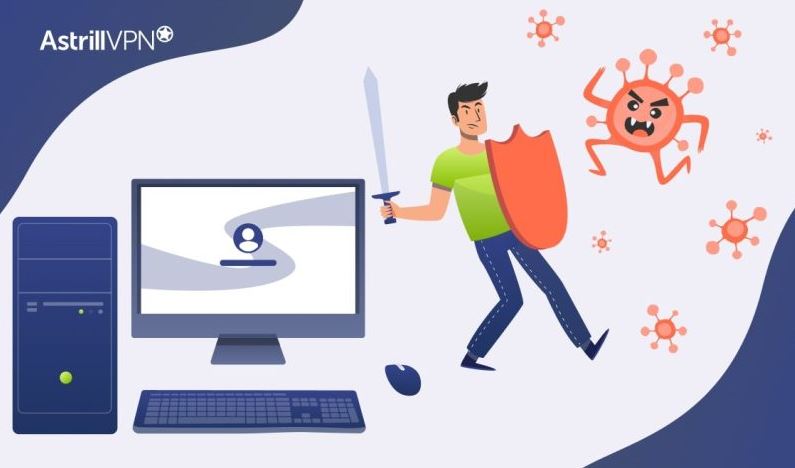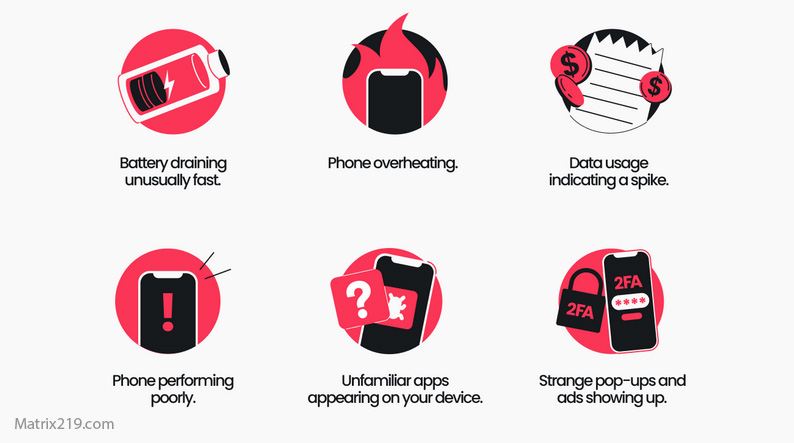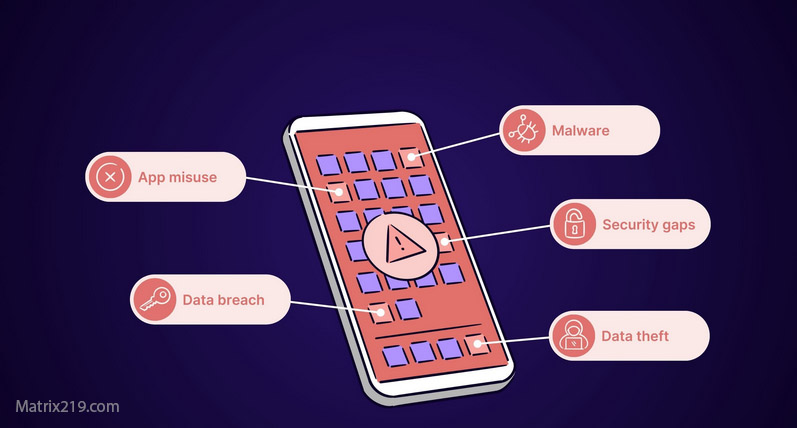How Can I Tell If My Computer Has a Virus?
Viruses and malware can sneak into your computer without obvious warning signs. While some infections are easy to detect, others operate quietly in the background, stealing data or slowing performance over time. Knowing the early symptoms helps you act quickly to protect your files and personal information.
Common Signs Your Computer May Have a Virus
-
Slow Performance: If your system takes much longer than usual to boot, load programs, or perform simple tasks, malware could be using up system resources.
-
Unexpected Pop-ups: Random ads, alerts, or fake warnings appearing while browsing are a red flag of adware or spyware.
-
Programs Crashing or Freezing: Frequent software errors or unexplained shutdowns can point to infection.
-
Unknown Programs Installed: Viruses often install additional software without your permission.
-
High Network Activity: If your internet feels slow and you notice unusual data usage, malware might be transmitting your information.
-
Disabled Security Software: Some viruses attempt to turn off your antivirus or firewall.
-
Unusual Files or Emails Sent: Friends receiving strange messages from your email or social media account is a clear indicator of compromise.
How to Confirm a Virus Infection
-
Run an Antivirus Scan: Use a trusted antivirus program like Bitdefender, Kaspersky, or Microsoft Defender to scan your system.
-
Check Task Manager/Activity Monitor: Look for unknown processes consuming high CPU or memory.
-
Monitor Network Traffic: Tools like GlassWire or built-in system monitors can show suspicious connections.
-
Use Online Malware Scanners: Services like VirusTotal let you scan files or links quickly.
Quick Comparison: Signs vs. Normal Behavior
| Potential Virus Sign | Normal Behavior |
|---|---|
| PC slows down suddenly | Slow only when running heavy apps |
| Random pop-ups appear | Ads only inside websites you visit |
| Antivirus gets disabled | Antivirus updates and runs normally |
| Strange programs installed | Only apps you knowingly installed |
| Unusual emails sent from account | Emails only when you write them |
What to Do If Your Computer Has a Virus
-
Disconnect from the Internet: Prevent the malware from spreading or stealing more data.
-
Boot in Safe Mode: This can stop the virus from running during startup.
-
Run a Full System Scan: Use a reputable antivirus or antimalware tool.
-
Delete Suspicious Programs: Manually remove apps you didn’t install.
-
Update Your OS and Security Software: Ensure all patches and virus definitions are current.
-
Backup and Restore if Needed: In severe cases, reinstalling your OS may be the best option.
Preventing Future Infections
-
Keep your antivirus software updated.
-
Avoid downloading attachments or files from unknown sources.
-
Use strong, unique passwords and enable two-factor authentication.
-
Regularly update your operating system and applications.
-
Browse safely and avoid suspicious links or pirated content.
Final Thoughts
Detecting a computer virus early can save you from data loss and security breaches. If you notice unusual behavior such as slowdowns, pop-ups, or strange programs, don’t ignore it. Running a scan and taking immediate action ensures your system remains safe and secure.





